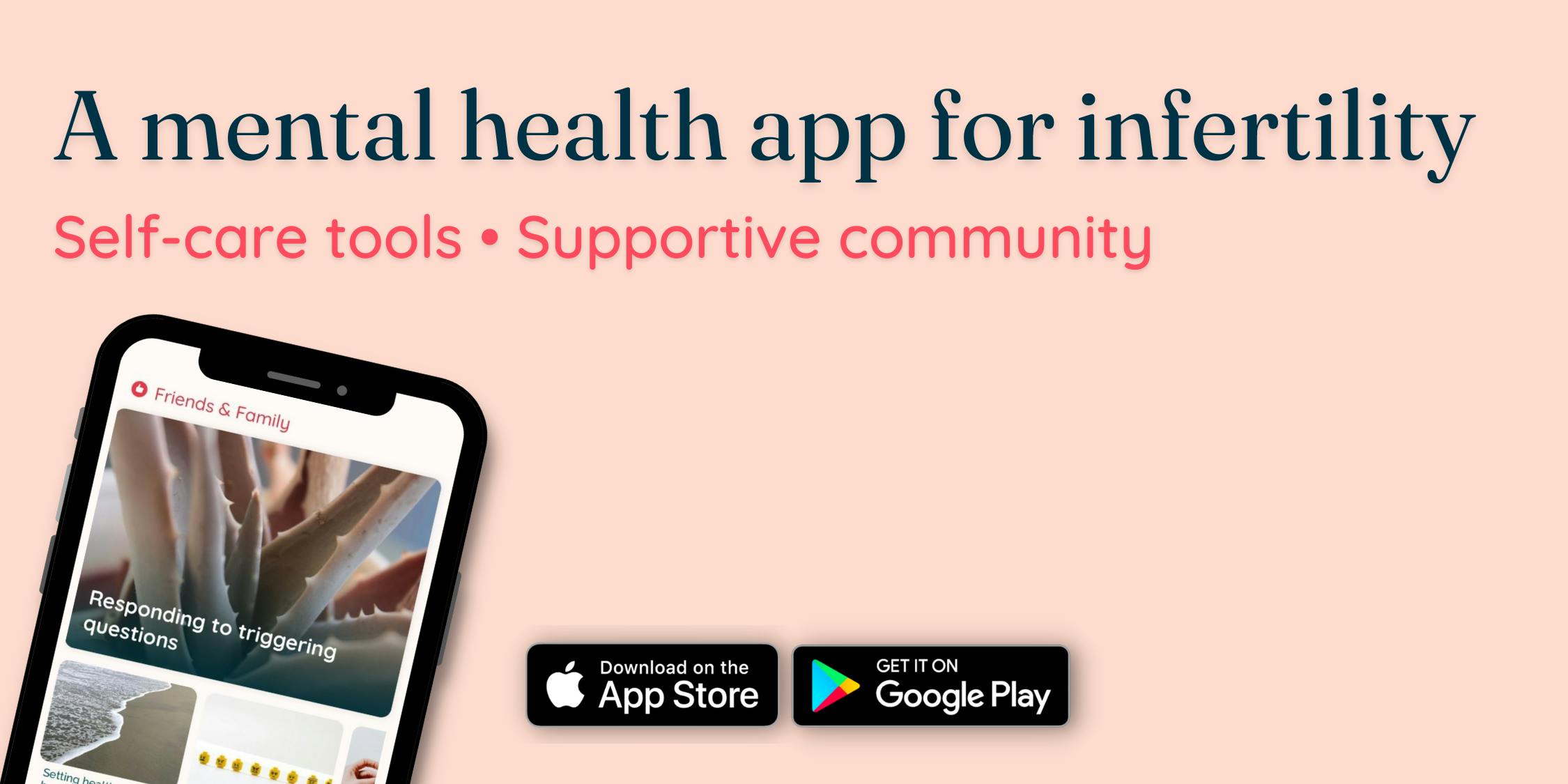How infertility can challenge your relationship with your partner
If you have a partner, infertility can affect you and your partner differently. One of you might be struggling more than the other and you might have different feelings about wanting children altogether. One of you probably has to go through more of the physical side of treatment. And you might have different ways of processing this experience and taking on responsibilities.
The differences in your experiences can lead to tension or friction in your relationship. And between the logistical, physical and emotional requirements of fertility treatments - not to mention other things in your life like work and your social life - it's very common and understandable that nurturing your relationship falls to the bottom of the priority list.
Communicating clearly with each other can help you address the challenges your relationship faces. It can help to discuss certain things together, like:
- Should we have designated times - like 15 minutes every evening, or a 1-hour walk every weekend - when we’ll talk about fertility together? (This can be helpful if one of you wants to talk about fertility more than the other.)
- Which of us will be responsible for each task related to fertility, like booking doctor’s appointments, doing research, and tracking cycles?
- How often do we want to check in about how the other is feeling emotionally?
- Who do we want to tell about our fertility treatments? How much information are we comfortable sharing?
- How do we each prefer to be supported? Do we typically want space, closeness, treats, distractions, or anything else?
Here’s what you can do:
1. Create a new habit:
Whenever one of you is struggling, get into the habit of asking “Do you need advice or do you just want me to listen?”. It may feel forced, but it can avoid many unnecessary misunderstandings.
2. Pick one day each month when you'll do something fun together, and take turns planning the activity. Doing something you know you both enjoy is great - but it's even better if you can try something new together, like a cooking class, exploring a part of the city you've never been to, or going to a show.
Then in between, plan mini dates once a week when you focus on each other, and don't talk about fertility. This can be a movie night on the couch, a walk around the neighborhood, or a new creative hobby you want to try. Bring your relationship - and each other - into focus.
Try these exercises in Tilly's app...
- We’re dealing in different ways
How to remain a team with your partner even if you have different ways of coping with infertility. - Sex on demand
When infertility is impacting your sex life, working through these steps can help. - Nurturing the relationship
It’s hard to focus on your relationship when infertility is so all-consuming, so here are a few tips. - Sharing the responsibility
Practical tools so you can learn how to work together in ways that feel right for you.
About the author
Maya Maria Brown, M.A., is an infertility mental health expert. She has a master’s in Counseling Psychology, and has worked with individuals and couples on infertility and relationships. She also has personal experience with infertility and is currently in treatment.
2022-12-04
A mental health app for your fertility journey
Evidence-based self-care tools and facts. Supportive community. Treatment tracking.
Previous articles
Breaking the silence: Infertility and stress during stress awareness month
2025-04-14
Exciting news: Tilly is now part of Rhea
2025-03-31
How infertility impacts men's mental health and ways to cope
2024-11-22
Baby Loss Awareness Week: coming together to support those affected
2024-10-14
PCOS and mental health: a crucial connection
2024-09-25
How to support a friend struggling with involuntary childlessness: A guide for loved ones
2024-09-17
